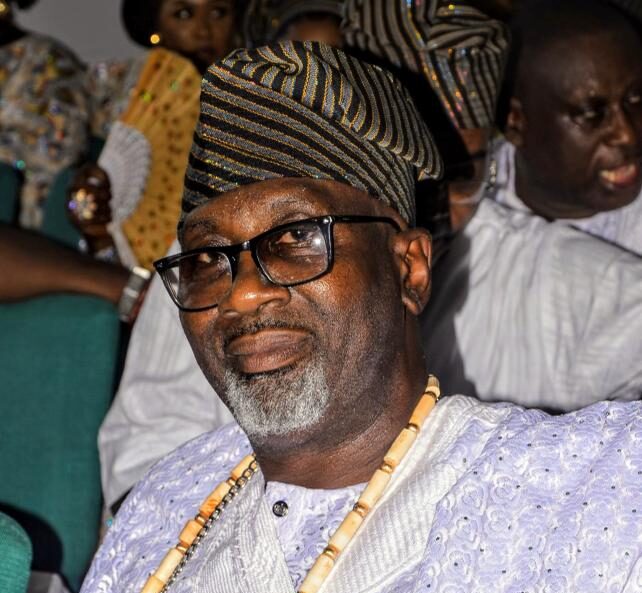Forgetting the lessons of history means losing touch with the very core of who we are as a people.
By . Abayomi Odunowo.
The judgment of the Abeokuta High Court of 1969 by Justice Adewale Thompson has always been cited as a landmark case in the pursuit of equality for all citizens of Nigeria. In his ruling, Justice Thompson emphasized the importance of equal rights and responsibilities for both farmers and cattle owners, declaring that it was unreasonable and unjust to place the burden of fencing solely on the farmer while allowing cattle to roam freely and cause damage. This ruling underscored the principles of natural justice, equity, and good conscience, and ultimately banned open grazing in order to promote peace and tranquility in the affected communities.
However, despite the clear legal precedence set by this judgment, Nigeria continues to grapple with issues surrounding open grazing and the rights of farmers and cattle owners. The recent debate over banning open grazing in the country highlights the importance of understanding and applying historical legal decisions in the pursuit of justice and equality for all citizens. It is crucial for the government and legal authorities to uphold the principles established in cases like Yinka Badejo vs. Minister of Education and the judgment of Justice Adewale Thompson in order to ensure a fair and just society for all.
Nigeria has a rich history of landmark court judgments that have shaped the country’s legal landscape. One such judgment is that of the Abeokuta High Court in 1969 by Justice Adewale Thompson, which emphasized the equality of all citizens of Nigeria. This principle of equality was highlighted in a case where the court ruled that it was unfair to impose the burden of fencing a farm on the farmer without a corresponding obligation on the cattle owner to fence in his animals. This ruling was based on the belief that such a custom was unreasonable and went against natural justice, equity, and good conscience.
Another significant case that highlighted issues of equality in Nigeria was the Yinka Badejo vs. Minister of Education case, which dealt with the unequal JAMB cut-off marks for candidates from different states. This case raised important questions about fairness and equal opportunities for all citizens of Nigeria, regardless of their state of origin.
Despite these prominent cases that emphasize the importance of equality and fairness, Nigeria continues to grapple with issues such as the proposed ban on open grazing. The question then arises: why, 55 years after these landmark judgments, are we still struggling to uphold the principles of equality and justice?
It is clear that there is a disconnect between the sense of history and the application of legal precedents in Nigeria. While the judgment of the Abeokuta High Court in 1969 and other significant cases have clearly outlined the importance of equality and fairness in the country, there seems to be a lack of commitment to upholding these principles in practice.
In order to move forward and ensure a more just and equitable society, it is crucial for Nigeria to learn from its history and make use of the legal precedents that have been set. By recognizing the importance of equality and justice, and by upholding these principles in all aspects of governance, Nigeria can work towards creating a more peaceful and prosperous society for all its citizens.
The judgment of the Abeokuta High Court in 1969 and other landmark cases serve as important reminders of the need to uphold the principles of equality and justice in Nigeria. It is high time that we honor the legacy of these judgments by working towards a more just and equitable society for all.
Otunba Abdulfalil Abayomi Odunowo
National Chairman. AATSG.
Mobile: +2349053535322.
Follow us on our WhatsApp group https://whatsapp.com/channel/0029Vafk47UIt5rsBJ1eye0S



